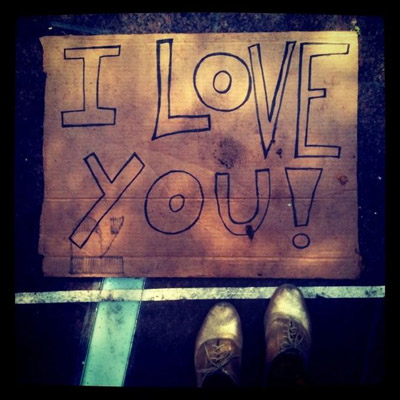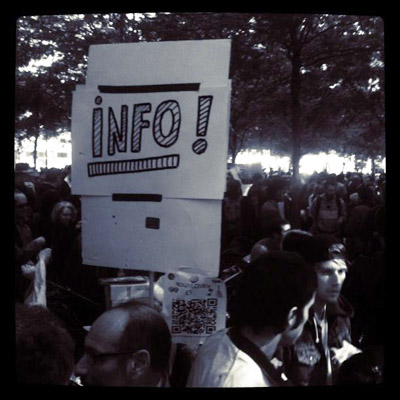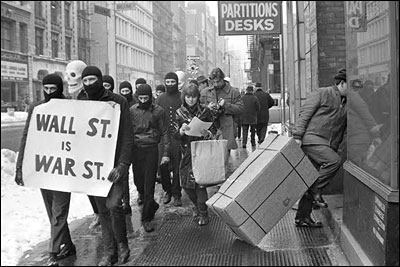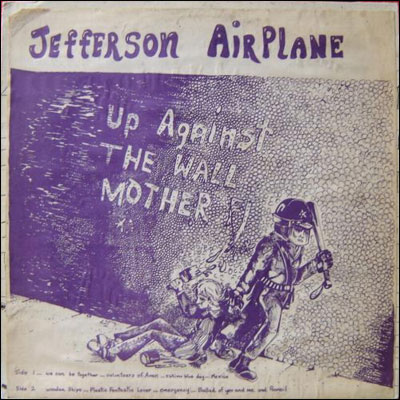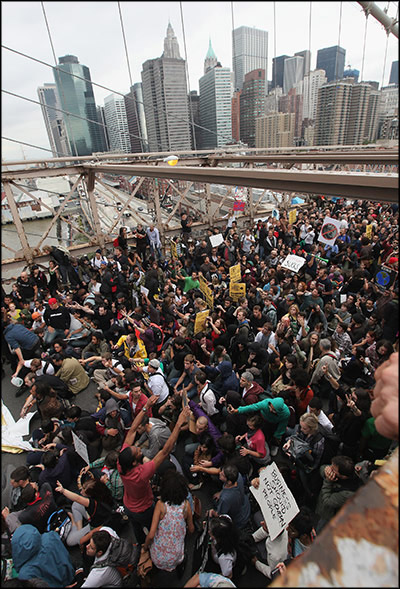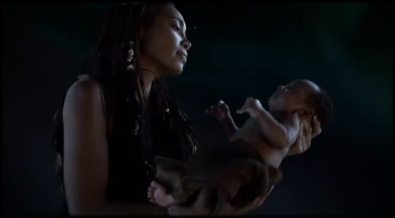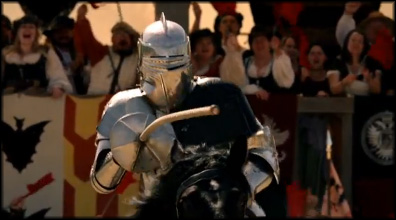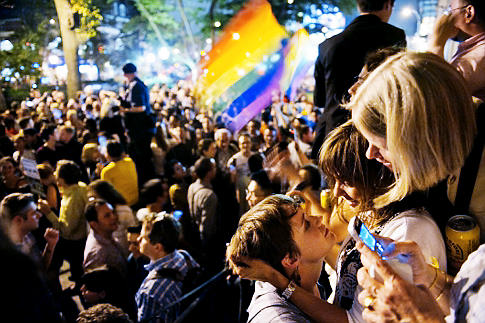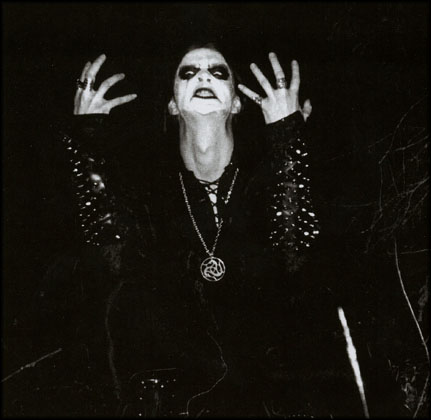“Can We All Come Together?”
This week (in addition to other far less culturally sensitive holidays), National Coming Out Day is observed.

“Rainbow umbrella , Gay Pride 2007, Paris, France” photo © Olivier
Do you have an acquaintance who will occasionally say things like “I don’t have a problem with homosexuality, I just wish Teh Gheys weren’t, ya know, so… in my face about it“, presumably because they have mistaken your distraught Oh-God-I-Feel-So-Trapped-and-Small-Right-Now silence for tacit approval? Frightened into denying your sexuality or your gender identity when a gaggle of high school kids pull you into the bathroom to interrogate you? Tired of turning the other cheek when your church-bake-sale-organizing grandma makes decidedly unChristian comments about Chaz Bono during your dutiful seasonal phone calls back home? Stung when someone rolls their eyes or accuses you of being hypersensitive after you voice disapproval of casual slurs? Tormented that you can’t be more forthcoming about your personal life at the office without it resulting in being ostracized from the unofficial-but-highly-influential social club that you know being a part of will ensure your career a more, well, straight-and-narrow ascending trajectory during these scary economic times? Heartbroken that your relatives require you to call your domestic partner your “roommate”, or to answer to an incorrect pronoun, when you’re around their Rotary Club friends?
Friggin’ sucks, doesn’t it?
No one should ever feel unduly pressured, strong-armed or bullied into coming out when they’re not ready, don’t feel like they have a safe environment in which to do so, or simply don’t wish to. But here’s a cheerful idea for everyone who’s feeling a bit stifled (whether out, closeted, or somewhere in-between): maybe, just maybe, today’s as great a day as any to randomly unleash some loving Kevin Aviance style glossolalia on the more backasswards, empathy-challenged weeniepoopers in our lives…
SRSLY. Even those of us who are not in a safe enough space to run our LGBTQA banner all the way up a social flagpole can observe today with more subtle gestures of acceptance, and honesty. Let us each consider bringing some bright “Din Da Da” DaDaism into the world!
Can’t say “I’m gay”? Say “DUN DUN DUN DUN DUN DUN DUN BRAAAAP. DOOKUH BRRAAP.” Can’t say “I’m bi”? Cry “BOOM BOOM BOOM BOOM. BOW. BOW.” Trans and can’t say “c’est moi”? Just say “MMMWAH” and plant a big, warm, hella non-“heteronormative” smooch on those sourpusses, then walk away. Think about it: even if they have no idea what the heck just transpired, it’ll probably the most exciting thing to happen to them in ages! Maybe they’ll get the message. Maybe they’ll recalibrate a few things. Even if they don’t, chances are that a spontaneous “RRREEE BOBBA BREEEE BUUPPAH” tinged outburst of voguing will, at the very least, lighten the mood.
“Can we all come together?” Can we all come out, free of fear? Coilhouse hopes YES. Maybe today’s not that day for all of us. But someday. Let’s continue working toward it. In the meantime, we can keep visions of super-out, super strong, super-gorgeous Kevin Aviance dancing in our heads in that florescent pink top hat.
And may today be full of friggin’ rainbows, damn it.


